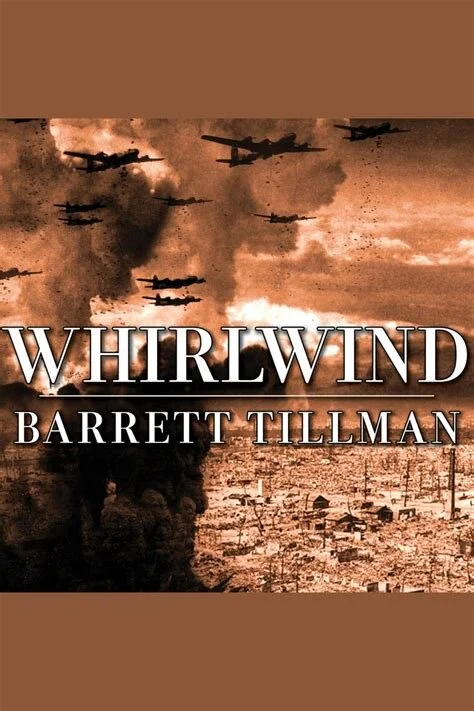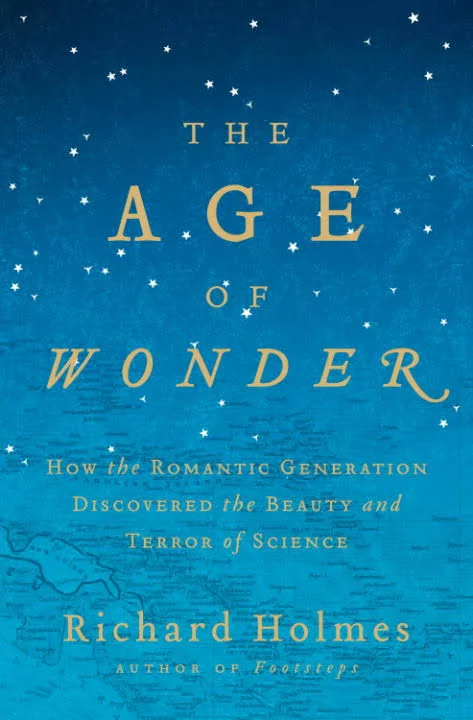Max Hastings' RETRIBUTION: THE BATTLE FOR JAPAN, 1944-45
Book review by Dennis D. McDonald
Hastings tells the story of the final year of the Pacific War from multiple perspectives. Much of this will be new to people whose awareness of Chinese, British, and Russian action against the Japanese is low.
For me two factors stand out.
First, Hastings is unflinching in his portrayal of Japanese militarism and its responsibility for so much suffering among both its enemies and the Japanese people themselves. Hastings details the brutality of Japan in dealing with both military and civilian opponents. His description of the self deception and inaction on the part of the Japanese government, maintained long after logic had determined the war was unwinnable, represents one of the most criminal behaviors ever committed by a government against its people.
Second, reading this book one cannot help but be impressed and ultimately horrified by the sheer size and scale of the War in the Pacific. Also true of the war in Europe and on the Eastern Front between Germany and Russia, the scope of people, casualties, distances, equipment, hardware, and supplies involved is simply staggering for those of us who have grown up with more “limited” wars.
Dealing with this scale were people who brought with them all their own naturals strengths and weaknesses. Some rose to greatness; others blundered. Hastings is especially tough on Chiang Kai-shek of China and Douglas MacArthur of the US military and describes how they put their own political interests ahead of the interests of their own people and of winning the war. Regarding Chiang, Hastings repeatedly accuses Roosevelt of naivete in his dealings with Chiang and China. Regarding MacArthur, Hastings is a bit less clear about why MacArthur’s superiors tolerated his megalomania and seems to suggest it was due to his superior intelligence and salesmanship, not to his military performance.
This is a great book and is well worth the time it takes to read it.
Copyright (c) 2012 by Dennis D. McDonald


